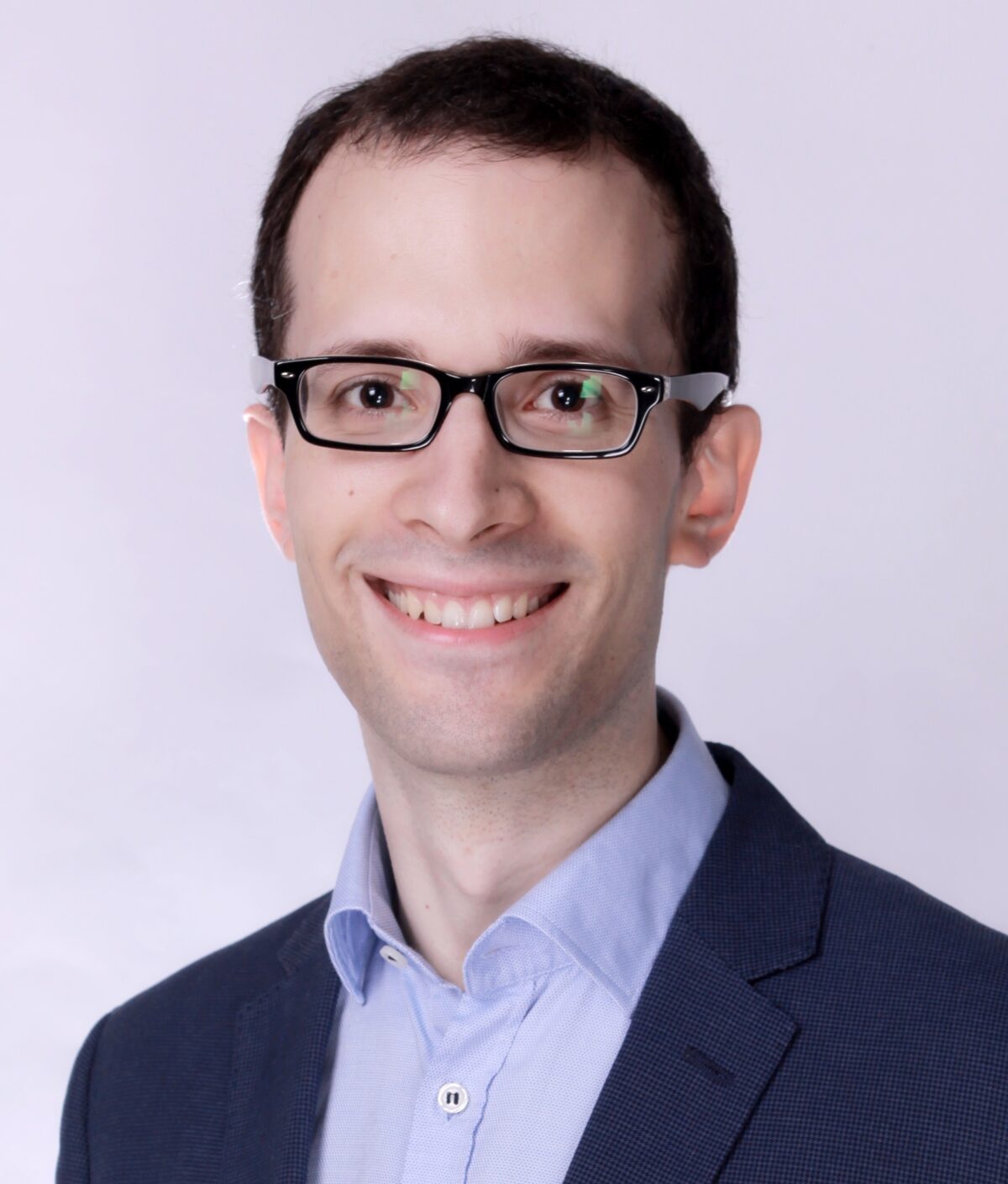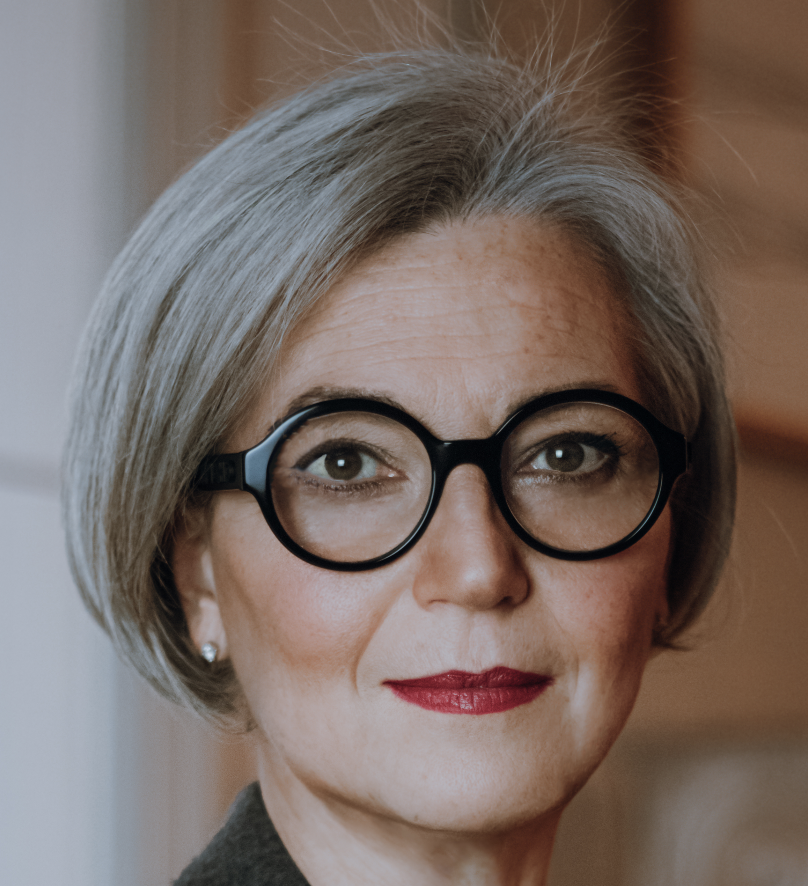Vassili Karanassios is a Professor of Chemistry at the University of Waterloo (Ontario, Canada) and a co-founder of a degree-program in nano-technology engineering at the same University. Professor Karanassios received his Ph. D. from the University of Alberta (Edmonton, Canada) and was a Post Doctoral Fellow at McGill University (Montreal, Canada). In 2009, he held a Leverhulme award in the UK where he was a visiting Professor in Chemistry (Sheffield University), an Overseas Fellow of Churchill college (Cambridge University, UK), and a visiting Professor of Engineering (Cambridge University, UK) in the Center for Advanced Photonics and Electronics (CAPE). Professor Karanassios and his group published (among others) on microfluidics and nanofluidics, on 3D printing and on rapid prototyping, on spectral interference correction using Artificial Neural Networks (ANNs) and Deep Learning, and on smartphone-enabled data acquisition and signal-processing from a variety of sensors for on-site chemical analysis and (potentially) for IoT applications.
Archives: Committee Members
Zeynep Çelik is a Distinguished University Professor at the University of Texas at Arlington. She received B.S. in electrical engineering and physics from Bogaziçi University, Istanbul, Turkey, and the M.S. and Ph.D. in electrical engineering from The University of Rochester, NY. She was an IBM Pre-doctoral Fellow from 1983 to 1984, and an Eastman Kodak Pre-doctoral Fellow from 1985 to 1987. She joined the Department of Electrical Engineering at Southern Methodist University in 1987 as an Assistant Professor; was tenured and promoted to Associate Professor in 1993. Dr. Çelik-Butler was the holder of J. Lindsay Embrey Trustee Assistant Professorship from 1990 to 1993. She served as the Assistant Dean of Graduate Studies and Research from 1996 to 1999. She moved to University of Texas at Arlington in 2002.
Prof. Çelik-Butler has received several awards including the Semiconductor Research Corporation Inventor Recognition Award (2010), the University of Texas at Arlington Outstanding Research Achievement Award (2006), IEEE-Dallas Section Electron Devices Society (EDS) Outstanding Service Awards (1995, 1997), IEEE-EDS Service Recognition Certificates (1995, 2014), IEEE-EDS Distinguished Lecturer Appreciation Award (2006), Outstanding Electrical Engineering Graduate Faculty Awards (1996, 1997, 2001), and SMU-Sigma Xi Research Award (1997).
Her research interests include noise and reliability in electron devices, and novel flexible sensors and nano energy harvesters. She has 10 patents, 10 book chapters, and over 225 journal and conference publications. She serves as a Topical Editor for the IEEE Sensors Journal and the Elsevier Sensors and Actuators A: Physical. She is an IEEE Fellow and a life member of Eta Kappa Nu.
Vincenzo Pecunia
Matti Mantysalo
Prof. Matti Mäntysalo received the D.Sc. (Tech.) degree in electrical engineering from the Tampere University of Technology, Tampere, Finland, in 2008. From 2011 to 2012, he was a Visiting Scientist with the iPack Vinn Excellence Center, School of Information and Communication Technology, KTH Royal Institute of Technology, Stockholm, Sweden. He is currently a Professor of Electronics with Tampere University. His current research interests include printed electronics materials, fabrication processes, stretchable electronics, sensors, and the integration of printed electronics with silicon-based technology (hybrid systems). He has published over 100 papers. He is active in IEEE, IEC, and Organic Electronic Association. He was a recipient of the Academy Research Fellow Grant (2015-2020) from the Academy of Finland. He has awarded by Nokia Research Center from the first inkjet printed GSM baseband integration.
Joseph Sylvester Chang
Ravinder Dahiya is Professor of Electronics and Nanoengineering and EPSRC Research Fellow in the James Watt School of Engineering at University of Glasgow. His group (Bendable Electronics and Sensing Technologies (BEST) research group) conducts fundamental research in flexible printed electronics, electronic skin, and their application in robotics, prosthetics, and wearables. Prof. Dahiya has published more than 350 research articles, 7 books, and 15 submitted/granted patents and disclosures. He has given more than 150 invited/plenary talks. He has led and contributed to many international projects.
Prof. Dahiya is President-Elect of IEEE Sensors Council. He is also the Distinguished Lecturer of IEEE Sensors Council. He is Founding Editor-in-Chief of IEEE Journal on Flexible Electronics and has served on the Editorial Boards of several leading journals Prof. Dahiya holds EPSRC Fellowship and received Marie Curie Fellowship and Japanese Monbusho Fellowship in past. He has received several awards, including IEEE Sensor Council Technical achievement award, Microelectronics Engineering (Elsevier) Young Investigator award and 9 best journal/conference paper awards as author/co-author. Prof. Dahiya is Fellow of IEEE.
Luisa Torsi, received her laurea degree in Physics from the University of Bari in 1989 and the PhD in Chemical Sciences from the same institution in 1993. She was post-doctoral fellow at Bell Labs from
1994 to 1996. In 2005 and 2006 she was invited professor at the University of Anger and Paris 7, respectively. Since 2005 she is full professor of chemistry at the University of Bari and since 2017 she is
adjunct professor at the Abo Academy University in Finland.
In 2010 she has been awarded with the Heinrich Emanuel Merck prize for analytical sciences, this marking the first time the award is given to a woman. She is also the recipient, at the British Library in London, of the 2015 main overall platinum prize of the Global-Women Inventors and Innovators Network. The IUPAC – International Union of Pure and Applied Chemistry awarded her with the 2019 Distinguished Women in Chemistry or Chemical Engineering. The analytical chemistry division of the European Chemical Society (EuChemS), conferred her the Robert Kellner Lecturer 2019. Lately she was also recognized as one of the 10 extraordinary women of Southern Italy by the British Embassy in Rome and the MediterraneaMente association conferred to her in 2019 the “Alto Riconoscimento Virtù e Conoscenza”. In 2020 she has been awarded with the Medaglia Canneri by Analytical Chemistry Division of the Italian Chemical Society. Prof. Luisa Torsi is also the winner of the Wilhelm Exner Medal 2021 (https://www.wilhelmexner.org/en/). The medal has been awarded since 1921 by the Austrian Association for SME to celebrate excellence in research and science.
Since 2020 she has been appointed National Representative for the Marie Skłodowska-Curie Action of Horizon Europe by the Italian Minister for Education and Research. She is also past president of the
European Material Research Society being the first women to serve on this role. She has been also elected 2017 Fellow of the Material Research Society, for pioneering work in the field of organic (bio)
electronic sensors and their use for point-of-care testing.
Awarded research funding for over 26 million € in thirteen years, comprises several European contracts as well as national and regional projects. She is coordinating the “Single molecule bio-electronic smart
system array for clinical testing – SiMBiT” a H2020-ICT-2018-2020 research and innovation action financed with over 3 M€. The PRIN 17 national project “ACTUAL: At the forefront of Analytical
ChemisTry: disrUptive detection technoLogies to improve food safety (2017RHX2E4)” is also coordinated by Torsi. She has also coordinated a “European Industrial Doctorate” Marie Curie project in collaboration with Merck and was principal investigator in a Marie Curie ITN. She has also coordinated a Marie Curie ITN European network, several national PRIN projects and was principal investigator in an ICT STREP proposal. She has also been the scientific coordinator of a Structural Reinforcement PON Project awarded to UNIBA for 2012-2014 and is engaged with a number of other Structural Reinforcement PON projects.
Torsi has authored almost 220 ISI papers, including papers published in Science, Nature Materials, Nature Communications, PNAS, Advanced Materials, Scientific Reports and is co-inventor of several
international awarded patents. Her works gathered almost 13.300 Google scholar citations resulting in an h-index of 55. She has given more than 170 invited lectures, including almost 50 plenary and key
notes contributions to international conferences.
Prof. Torsi is committed to the role of model for younger women scientists. She has been giving a number of talks on this topic such as a TEDx talk. Prof. Torsi is one of the 100 Experts (https://100esperte.it) a project leaded by Fondazione Bracco comprising an online databank with the names and CVs of female experts in STEM, a sector historically underrepresented by women but a strategic one for the economic and social development of Italy. In a recent campaign to foster the idea of gender equality in Science among children, prof. Torsi was featured in a story of TOPOLINO (Italian
comic digest-size series of Disney comics), as “Louise Torduck”, a successful female scientist of the Calisota valley.












